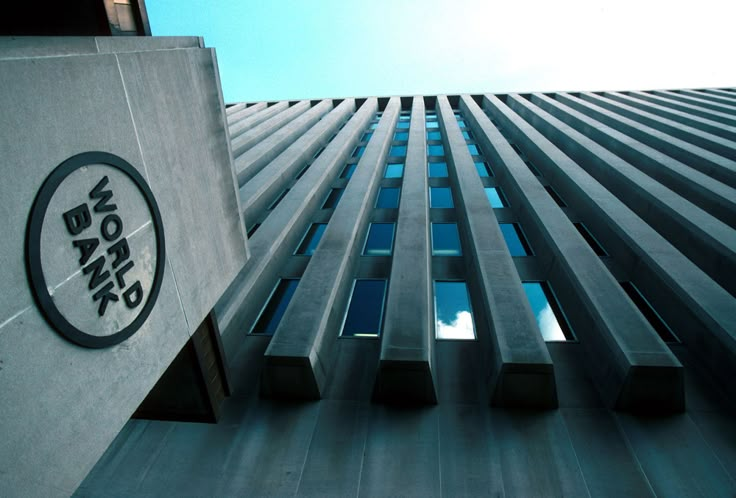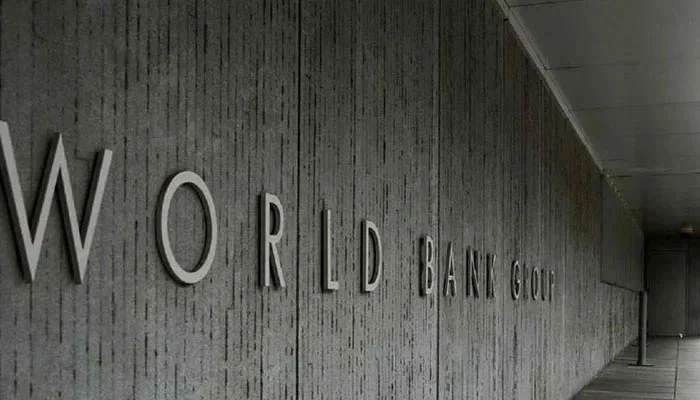A high-level delegation of nine Executive Directors (EDs) from the World Bank Group (WBG) is visiting Pakistan today (Monday) after nearly 20 years. This visit marks a significant step in strengthening Pakistan’s economic ties with the World Bank, as the delegation will focus on investment opportunities, Game-Changer economic development plans, and the implementation of the recently approved $40 billion Country Partnership Framework (CPF).
Key Objectives of the Visit Game-Changer

The delegation, representing 88 member countries on the World Bank Board of Directors, aims to:
- Assess Pakistan’s economic development plans and investment landscape.
- Evaluate the effective execution of the $40 billion CPF over the next decade.
- Engage with top government officials, business leaders, and civil society.
- Visit multiple provinces to gain firsthand insight into local development challenges and opportunities.
Meetings with Key Stakeholders Game-Changer
The delegation is scheduled to meet with Pakistan’s Prime Minister, Finance Minister, Minister for Economic Affairs Division (EAD), Planning Minister, and Power Minister. These discussions will focus on:
- Strategies for sustainable economic growth.
- Enhancing investment opportunities.
- Strengthening Pakistan’s private sector.
Provincial Visits & Economic Insights Game-Changer
Apart from meetings in Islamabad, the delegation will visit Khyber Pakhtunkhwa (KP), Sindh, and Punjab, and engage with representatives from Balochistan. These visits aim to align the World Bank’s development initiatives with Pakistan’s regional economic needs and identify potential areas for collaboration.
World Bank’s Role in Pakistan’s Growth
The World Bank Group (WBG) consists of five multilateral development institutions:
- International Development Association (IDA) – Focuses on concessional financing for developing nations.
- International Bank for Reconstruction and Development (IBRD) – Provides financial and technical support.
- International Finance Corporation (IFC) – Encourages private sector development.
- Multilateral Investment Guarantee Agency (MIGA) – Offers risk insurance for investors.
- International Centre for Settlement of Investment Disputes (ICSID) – Handles investment disputes.
The newly approved Country Partnership Framework (CPF) aims to enhance economic resilience, private sector growth, and infrastructure development across Pakistan. The CPF has already garnered significant attention at the World Bank headquarters, setting a benchmark for other developing nations.
Global Representation in the Delegation
The delegation includes influential representatives from various regions:
- Abdul Haq Bedjaoui (Algeria) – Represents 8 countries.
- Zanib Ahmed (Nigeria) – Represents South Africa and Angola.
- Beatrice Maser (Switzerland) – Represents Central Asia and Switzerland.
- Robert Bruce Nicholl (Australia) – Represents 14 countries, including South Korea, New Zealand, and Australia.
- Teresa Solbes (Spain) – Represents 7 South American nations, including Mexico and Costa Rica.
- Paul Bonmartin (France)
- Lonkhululeko Magagula (Eswatini) – Represents 21 African nations, including Tanzania, Zimbabwe, Kenya, and Ethiopia.
- Marlene Suzie Nzengou (Central African Republic) – Represents 23 African nations.
- Tauqir Shah (Pakistan) – Represents Pakistan and 7 other countries.
The delegation is accompanied by WBG Company Secretary and Vice President Mercy Tembon.
What This Visit Means for Pakistan
This landmark visit signals renewed cooperation between Pakistan and the World Bank, paving the way for enhanced financial and technical support for key infrastructure, economic, and social development projects. The visit is expected to:
- Strengthen Pakistan’s position in the global economic landscape.
- Increase foreign investment.
- Boost local economic reforms and sustainability efforts.
https://www.thenews.com.pk/print/1283615-wb-executive-directors-visiting-pakistan-after-two-decades








































